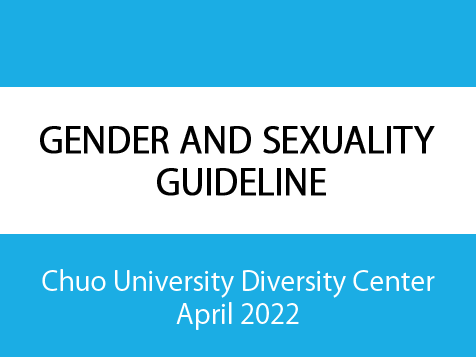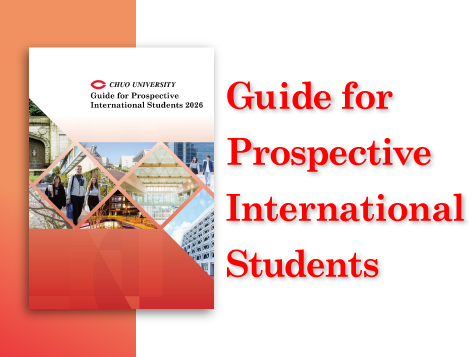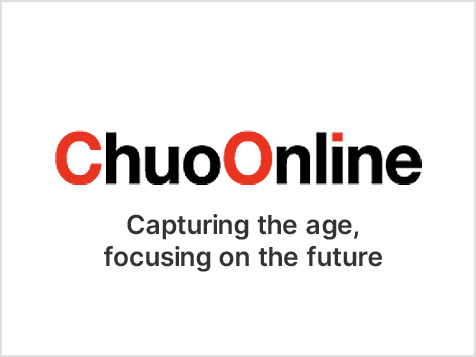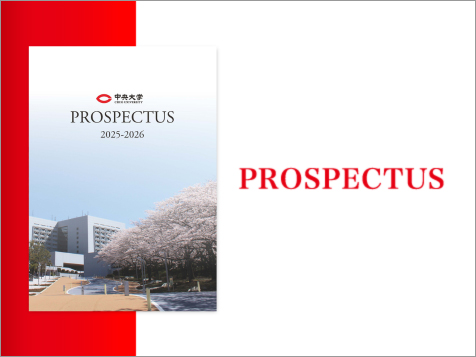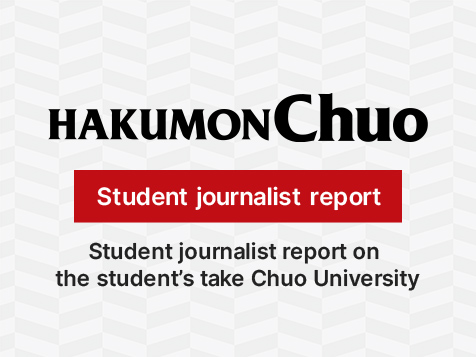Message from the Director
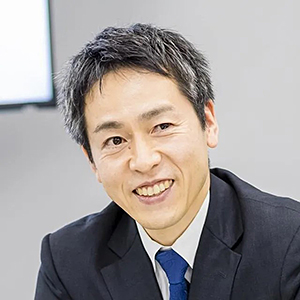
With the advancement of digitalization and globalization, our society is undergoing a rapid transformation at an unprecedented pace. In particular, cutting-edge technologies such as artificial intelligence (AI) are bringing about major transformations in our daily lives, work styles, and even approaches to decision-making. Medical diagnostic assistance, autonomous driving in transportation, and personalized optimal learning in education—through the utilization of AI, our lives are becoming more convenient and efficient. On the other hand, alongside technological progress, serious ethical and social issues are also emerging, including bias and discrimination in AI judgments, the excessive collection and use of personal information, the spread of misinformation, and black-boxed decision-making processes.
Existing social norms, including religious and ethical values, as well as legal systems, may not be able to address these new challenges adequately. For example, issues such as where responsibility lies for AI-driven judgments and the appropriateness of emotionless AI making decisions in welfare and educational settings are themes that are difficult to resolve within existing frameworks, and such issues continue to emerge one after another. While AI-related legal framework development is progressing in various countries, including the European Union and Japan, these efforts are still in their initial stages. In the era to come, when AI and advanced technologies are implemented in society, conceptualizing new approaches to norms and proposing rules suitable for society will represent an extremely urgent and essential challenge.
At Chuo University's ELSI Center, through collaboration with domestic researchers and practitioners, we have developed platforms for dialogue and co-creation, accumulating opportunities such as the "ELSI University Summit." The principles established at the time of our Center's founding include "pursuing new ethical viewpoints and norms, and the form of the coming society, necessary for all people to create inclusive social development that can coexist with scientific and technological innovation" and "contributing to solving society's various clusters of issues through industry-government-academia collaborative research foundations." We will continue to uphold these principles and address the challenges that arise at the intersection of rapidly changing technology and society.
MATSUZAKI Kazutaka
Director, Chuo University ELSI Center
Professor, Faculty of Global Informatics
